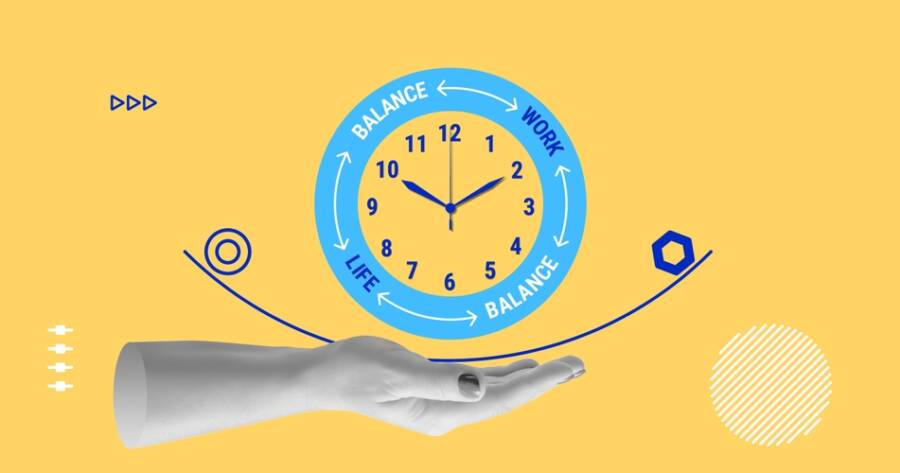In today’s always-on world, it’s easy to feel like work never really ends. Emails come in after hours, to-do lists overflow, and the line between “office” and “home” continues to blur—especially for remote or hybrid workers. Over time, this imbalance can lead to burnout, stress, and a sense that your personal life is slipping away. But it doesn’t have to be that way. By setting intentional boundaries and creating rituals that help you unwind, you can reclaim your evenings, recharge your mind, and improve your overall quality of life.
1. Set a Clear Work Cutoff Time
One of the most effective ways to reclaim your evening is to define exactly when your workday ends—and stick to it. Without a clear stopping point, it’s easy to keep checking your inbox or “just finish one more thing,” even hours after you were supposed to be done.
Choose a realistic time to log off based on your job and responsibilities. Then, communicate that boundary with your team if needed. Use a calendar reminder, an alarm, or even an automated message that signals you’re offline. Once your workday ends, truly disconnect—both mentally and physically—from your tasks.
Creating a psychological boundary helps your brain shift from work mode to rest mode, making it easier to relax and be present in your personal time.
2. Create a “Shutdown” Routine
Just like a morning routine sets the tone for your day, a shutdown routine helps you transition out of work smoothly. This could be as simple as tidying your workspace, writing a quick to-do list for tomorrow, or reviewing what you accomplished today.
Taking five to ten minutes to wrap up the day gives your mind a sense of closure. It tells your brain, “Work is done for now,” reducing mental clutter and preventing you from ruminating on unfinished tasks.
Over time, this small ritual can create a powerful sense of separation between your professional and personal life.
3. Limit Evening Screen Time
After staring at screens all day, your brain and body need a break. Yet many of us shift from work emails straight into scrolling social media or binge-watching TV. While some screen time can be relaxing, excessive evening exposure to blue light can interfere with sleep and prevent your brain from fully winding down.
Try setting a digital curfew an hour before bed or designate screen-free zones—like the dinner table or bedroom. Replace screen time with low-stimulation activities like reading, journaling, listening to music, or taking a walk. Your mind will thank you for the rest.
4. Do Something That Fills Your Cup
It’s easy to forget that evenings are for you. Instead of letting them disappear into chores or passive entertainment, intentionally plan something that brings you joy or fulfillment—even if it’s just for 15 minutes.
This could be pursuing a hobby, calling a friend, cooking a favorite meal, or doing a quick workout. The goal is to spend part of your evening recharging your emotional or creative batteries. When you invest in yourself outside of work, you bring more energy and focus to your job the next day.
5. Wind Down with a Relaxing Routine
Establishing a calming nighttime ritual can signal to your body and brain that it’s time to rest. Whether it’s a warm shower, stretching, aromatherapy, or a short meditation session, a relaxing routine helps reduce cortisol levels and prepare you for better sleep.
When your body knows what to expect, it begins to shift naturally into rest mode. Prioritizing quality sleep is one of the best things you can do for your productivity, mood, and overall health.
Take Back Your Time
You don’t need a major life overhaul to improve your work-life balance. Small, consistent changes can have a big impact on how you feel at the end of each day. By setting boundaries, creating transition rituals, and making time for rest and joy, you can reclaim your evenings—and your energy.
Balance isn’t about perfection. It’s about being intentional with your time, protecting your well-being, and making space for the things that truly matter outside of work.

